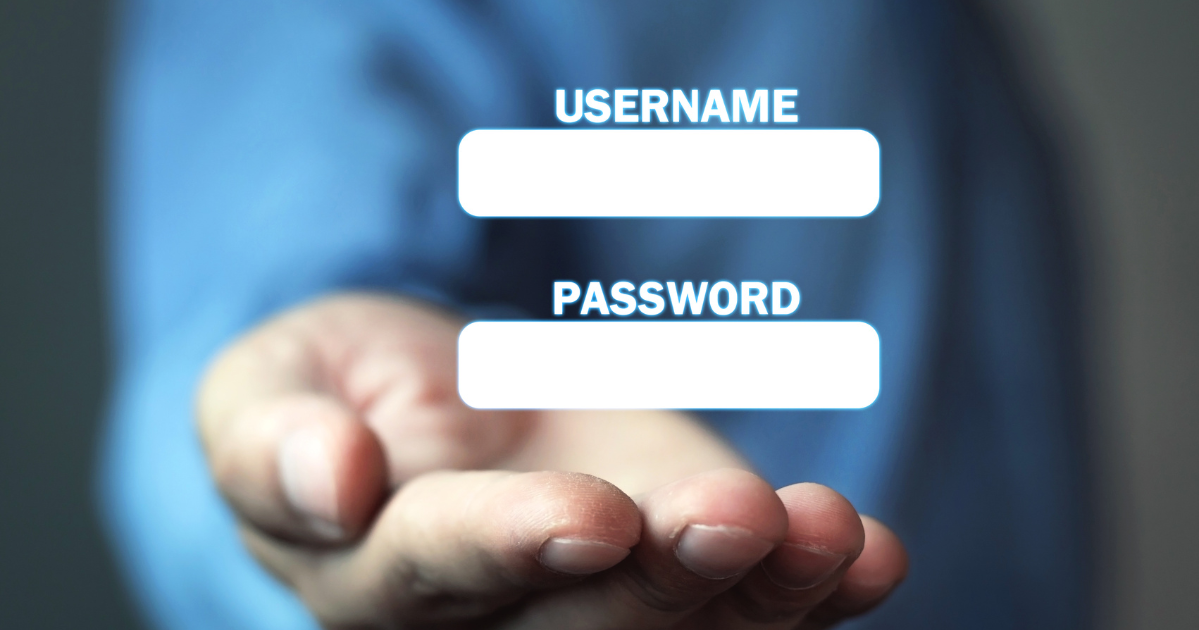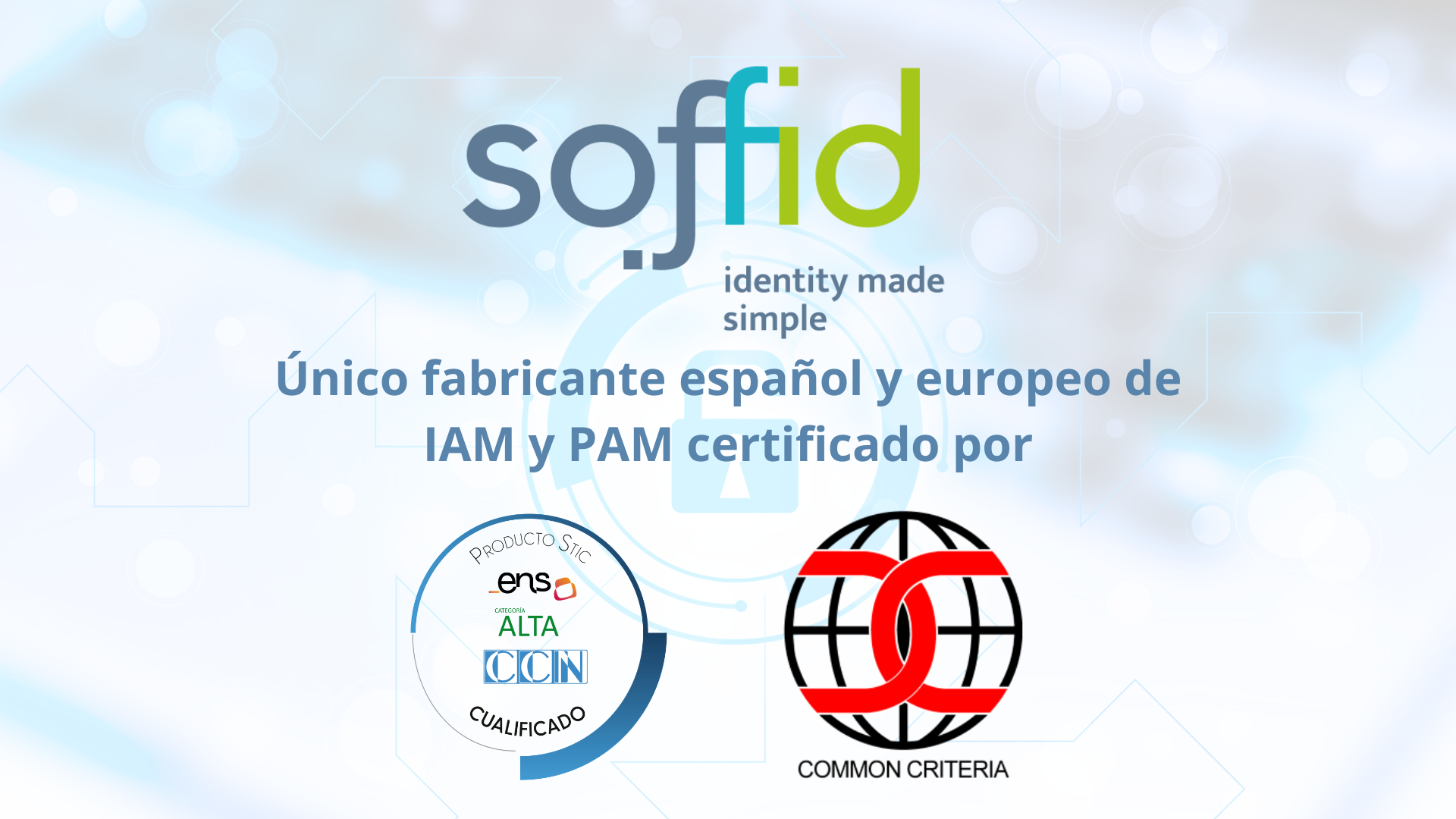In the digital era, the debate over the efficacy and security of passwords continues to be a hot topic. Despite their longstanding use—dating back over 3000 years—passwords present both clear advantages and significant vulnerabilities. Here at Soffid, we’ve delved into this topic to offer insights and forward-thinking solutions that can transform how organizations approach user authentication.
Understanding Passwords: The Good and the Bad
Passwords are widely recognized for their simplicity and cost-effectiveness. They require no additional devices; just the user’s memory. However, the disadvantages are significant and cannot be overlooked:
- Vulnerability to Attacks: Passwords are susceptible to social engineering and phishing attacks.
- Management Overhead: Users often juggle multiple passwords, leading to high complexity and frequent reset requests, which burden help-desk resources.
- Security Risks: The traditional password system hasn’t kept pace with the sophistication of cyber threats, leaving many organizations vulnerable.
Rethinking Password Use
To address these issues, many companies have adopted multi-factor authentication (MFA) strategies, combining passwords with one-time passwords (OTPs) generated by smart devices. While this enhances security, it does not fully eliminate the core problems associated with password use.
Soffid’s Innovative Approach to Password Management
At Soffid, we advocate for a paradigm shift in how passwords are utilized within the identity management framework. Our approach minimizes reliance on passwords while enhancing security protocols:
- Centralized Identity Provider: We recommend deploying a robust enterprise-grade identity provider that centralizes password requests, reducing exposure and simplifying management.
- Push Authentication Integration: By implementing user-friendly push authentication methods, such as the Soffid Push authenticator, users experience a seamless and secure login process without the constant need for password input.
- Revamped Password Policies: We propose a strategic overhaul of password policies to make them more intuitive:
- Use strong, 12-character passwords that are required less frequently, ideally every three to twelve months.
- Extend password expiration to four years to reduce reset frequencies without compromising security.
- Advanced Authentication Schemes: Integrate advanced methodologies where passwords are used as a secondary layer of authentication, significantly reducing the risk of phishing attacks.
The Benefits of Adopting Soffid’s Strategy
Organizations that have implemented these strategies have observed substantial benefits:
- Enhanced Security: By relegating passwords to a secondary role in authentication, the risk of phishing and social engineering attacks is drastically reduced.
- Simplified User Experience: Users maintain just one long-term password, significantly reducing the likelihood of password fatigue and support calls.
- Operational Efficiency: Streamlined authentication processes lead to improved productivity and user satisfaction.
We invite you to consider how these insights could be integrated into your organization’s security strategy. Is your organization ready to move beyond traditional passwords and embrace a more secure and user-friendly authentication system?
Visit our web to dive deeper into innovative identity and access management solutions and discover how Soffid can help secure your digital frontiers.





